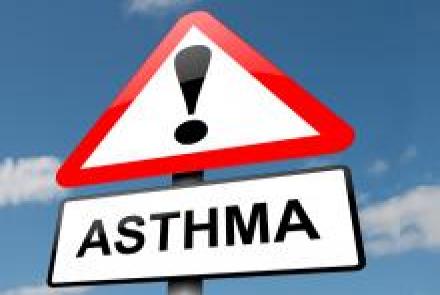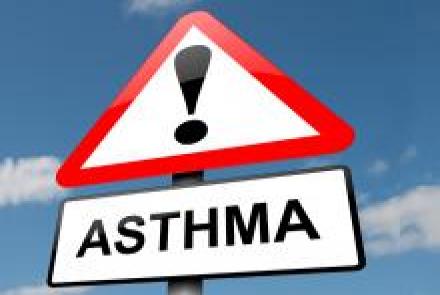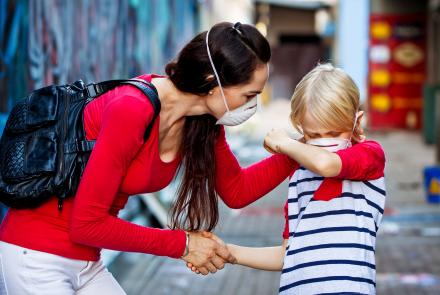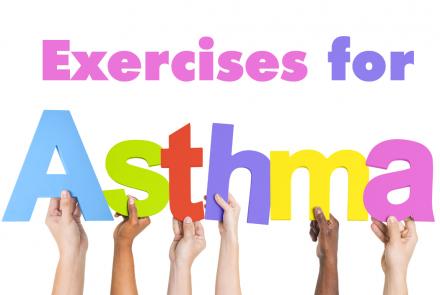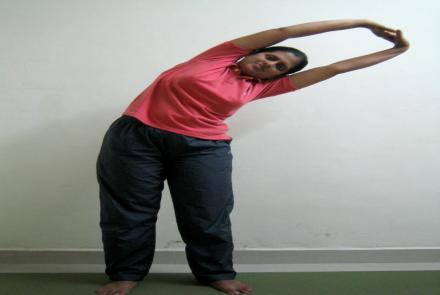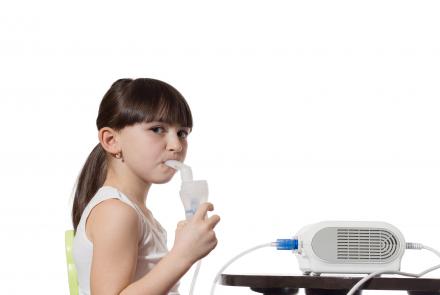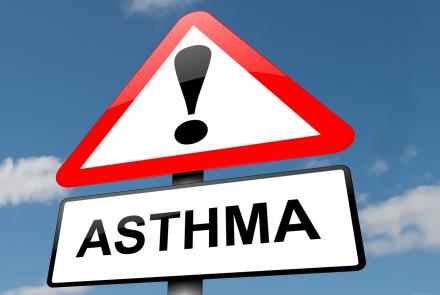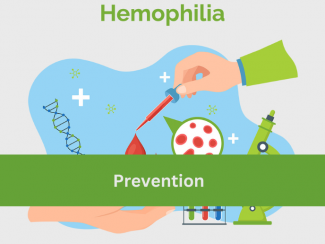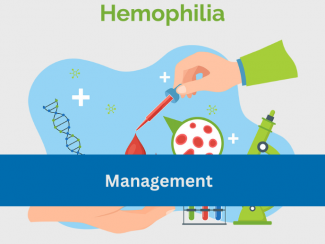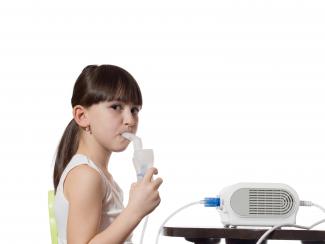
Dr. Kavita Chowdhary talks about childhood asthma and shares tips on how to stay healthy
Some children with asthma appear to shake off their condition in their teenage years. But there’s a 50 per cent chance of asthma making a re-appearance once they hit their 30s. Boys are at greater risk than girls. The reason behind this is still unclear.
However, asthma is a chronic condition. Once a person's airways become sensitive in asthma they remain that way for life. Unfortunately there is no way to predict whose symptoms will reduce during adolescence and whose will return later in life. So, even if you’re symptom-free currently, there’s always the risk that it will recur.
Speak to your doctor about using preventive medicines even when you are well.
Here are some tips to keep in mind if you’ve ever suffered from asthma.
• Stay away from ‘old triggers’. If your asthma used to be brought on by pollen, dust mite, pet dander, moulds, weather changes, medication or food, continue to avoid them.
• Stay away from cigarettes and second-hand smoke
• Monitor your condition with a peak flow meter
• Always carry reliever medication; in case of an emergency you might need it.
• Manage your weight as excess weight can trigger a recurrence
• Live an active lifestyle with regular physical activity. Before starting an exercise programme, talk to your doctor.
Keeping your child with asthma healthy
Looking after a child with asthma can be very stressful. Here are some tips to keep in mind:
• Educate yourself about asthma. You should know everything about asthma, medications and what to do when the attack strikes. (See our tips below for warning signs and when to head to the hospital.)
• Make an action plan with your child’s doctor. This document should always be carried by the child. The school and his or her caregivers should also have copies. The plan should include the following:
- Symptoms of asthma like coughing, wheezing and shortness of breath
- Triggers that can exacerbate your child’s asthma, like allergies
- Signs of worsening asthma, like trouble speech, widened nostril, chest pain, whistling sound
- Medication and dosage (Make sure you and all caregivers know how to administer the medication)
- Advice on how much exertion your child can take, for example on the playground
- Emergency contact details – parents, doctor’s and hospital.
• Periodically review the action plan with your child’s doctor in case there are changes to any medication. Update all caregvers and the school.
• Never leave home without reliever medication
• Keep your home allergen-free by doing the following:
- Keep your house clean to remove dust and allergens
- Remove carpet or soft toys from your child’s room
- Wash curtains regularly
- Keep windows closed during pollen seasons
- Air-conditioning reduces indoor humidity and can reduce child’s exposure to dust mite
- Get air conditioner serviced regularly
- Avoid pets with fur or feathers at home
If your child shows the following symptoms of an acute asthma attack, consult a doctor immediately.
• The child has trouble speech (the child has to stop in between sentences to catch their breath)
• Flared up nostrils (widened nostrils when breathing in)
• The child is using abdominal muscles for breathing
• Severe wheezing or whistling sound
• Coughing that won’t stop
• Shortness of breath or fast breathing
• Chest pain or tightness
• Blue lips or fingernails
• Sweaty face

